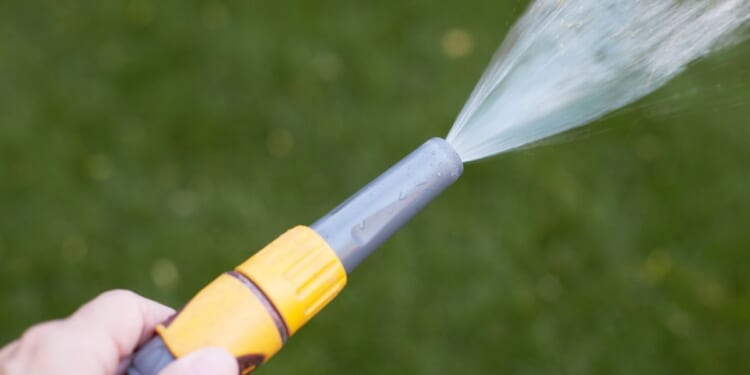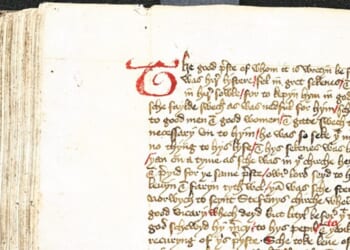A hosepipe ban imposed by Yorkshire Water four months ago remains in place as the firm says it could end within weeks.
The company introduced restrictions on water use affecting more than five million people on July 11 following the driest spring on record.
It has now confirmed it is taking steps to remove its drought permits which would allow it to lift hosepipe restrictions “earlier than initially thought”, following a tenth week of increases to reservoir levels.
Dave Kaye, director of water and wastewater services, said: “We’re now confident that we’re moving into a healthy position across our reservoirs, rivers, and groundwater water sources, after seeing further rainfall over the last seven days, and another significant jump in our reservoir levels.
“Restrictions are still in place for the time being, but we are working to lift them as soon as possible, hopefully within the next few weeks.
“We’re now working with the Environment Agency (EA) to reduce the measures we’d put in place to manage our water resources differently during the drought – a step we have to take before restrictions can be lifted.
“This can take a number of weeks, but we will not keep the restrictions in place any longer than is necessary.”
The firm said continuous rain over the last week has seen reservoir levels rise from 80.5 per cent to 84.6 per cent.

Reservoir levels in Yorkshire, pictured here in Huddersfield in October, are on the rise
|
GETTY
It added that there was a record-breaking increase to levels of 15 per cent as a result of Storm Claudia earlier this month, which brought heavy rain to a number of places in the UK.
The hosepipe ban prevents people from using hosepipes to complete tasks including cleaning their cars, watering their garden, filling domestic pools and cleaning their windows.
The activities can still however be carried out using water from a bucket or watering can.
Businesses are meanwhile allowed to use a hosepipe if it is directly related to its commercial purpose.

Yorkshire Water introduced its hosepipe ban on July 11
|
PA
The EA warned earlier this month that England will experience widespread drought next year without a wet winter.
The country received only 83 per cent of the average rainfall for January to October, suffered the driest spring for 132 years and the hottest summer on record.
And if the winter is drier than normal, much or all of the country could be in drought by next spring.
As well as possible hosepipe bans, effects on crops and wildlife and threat of wildfires as summer progresses, the dry conditions could also raise the risk of flash fooding as dry soil struggles to soak up heavy downpours.
EA director of water, Helen Wakeham, said: “There will be a drought next year, unless we get sustained rainfall through the winter.
“The severity of that drought will depend both on the weather and the actions we take over winter following this very dry year.
“The public have been brilliant in using a little less water this summer and following the restrictions in some parts of the country.
“I would urge people to continue to be as efficient as possible with their water use this winter – even if it is raining outside. Our wildlife, our rivers and our public water supplies depend on it.”

















